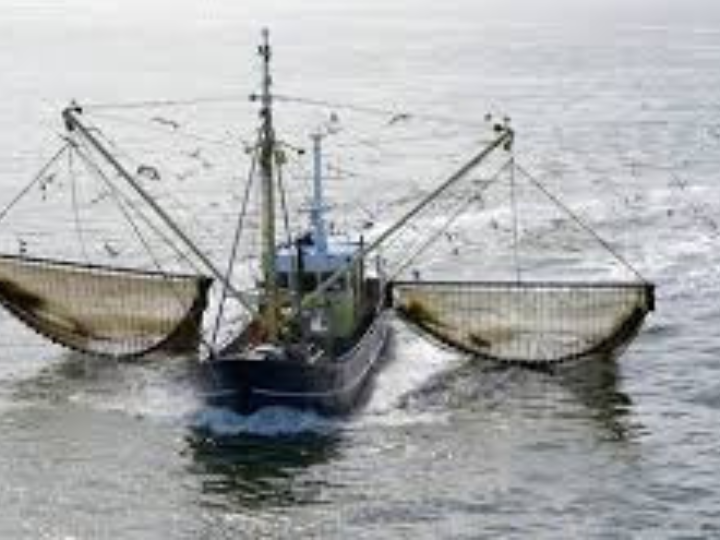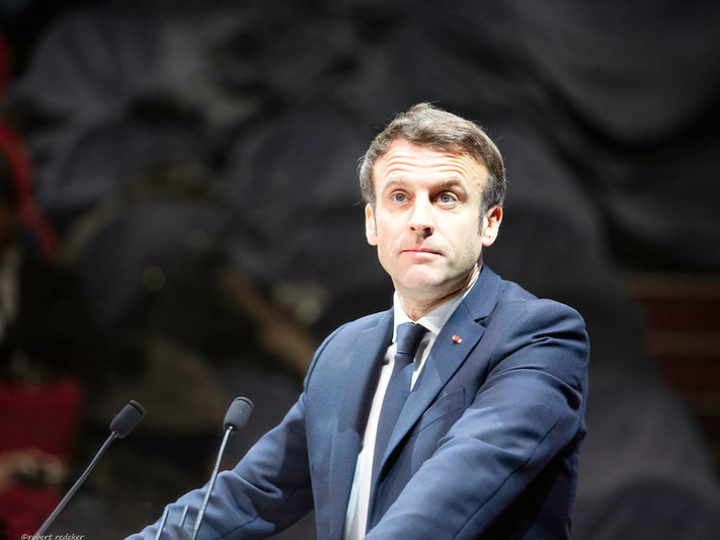by Rajnish Singh
The Ukraine Defence Contact Group of 50 countries met in Brussels on Friday, 11 April, co-hosted by the UK and Germany. US Defence Secretary Pete Hegseth was noticeably absent, attending only virtually, a telling sign of how the Trump presidency now expects the EU to take greater responsibility for the region’s defence. Equally revealing was the news that tensions between the UK and the EU particularly France, over fishing rights are obstructing closer defence ties.
EU foreign policy chief Kaja Kallas admitted in a BBC interview that she was “surprised at how important the fish are, considering the security situation” amid the war in Ukraine.
At first glance, sea bass and tanks have little in common. But a post-Brexit dispute overfishing access is now jeopardising a vital EU–UK defence pact, with France threatening to block progress unless its fishing fleet is granted greater access to British waters. It may sound trivial, but the implications are serious.
This isn’t just a fisheries row it exposes Brussels chronic difficulty in putting collective security above narrow national interests. At a time when the continent is racing to rearm in an increasingly dangerous world, allowing fish to hijack defence policy is not just embarrassing, it’s reckless. Especially when Washington’s faith in Brussels is faltering.
In a recent interview with UnHerd, US Vice-President JD Vance said: “The reality is — it’s blunt to say it, but it’s also true — that Europe’s entire security infrastructure, for my entire life, has been subsidised by the United States of America.” He added, “Most European nations don’t have militaries that can provide for their reasonable defence [...] European leaders have radically underinvested in security, and that has to change.”
To its credit, the EU has made progress. Initiatives such as the European Defence Fund and PESCO show a growing ambition to build a more capable, autonomous military force. But ambition means little without unity. With Russia waging war on the EU’s doorstep and China expanding its global influence, the EU cannot afford internal divisions — least of all over fish. France’s stance illustrates a troubling misjudgement in priorities.
In 2021, the EU’s fishing industry was valued at just €5.5 billion. UK fishing exports to the EU were worth around €1.52 billion that year. By contrast, EU’s defence industry generates over €100 billion annually and supports 500,000 jobs. The European Defence Fund alone will invest €8 billion into military R&D by 2027.
Yet this modest industry is being used as leverage to delay cooperation with one of Brussels most capable military partners. The UK may no longer be an EU member, but its intelligence, nuclear capabilities, and expeditionary forces remain critical to EU’s security. The longer this impasse drags on, the more damage it does.
The EU–UK defence pact promises stronger military planning, cyber defence collaboration, and intelligence sharing, all essential as global threats escalate. Instead, Brussels appears petty, fragmented, and unserious. Adversaries like Russia and China are surely watching with interest.
This isn’t just a fisheries dispute. It reflects a wider dysfunction: Brussels inability to align national agendas with collective action. If EU leaders can’t rise above a fish fight, what hope is there when the stakes are tanks, drones and nuclear deterrence? France, its EU partners, and the UK must decouple fisheries from defence and resolve the issue without delay. EU must accelerate defence collaboration including with non-EU allies, and keep its focus on the bigger picture.
EU’s strength lies not in quotas of sea bass but in its capacity to act together. Now is the time to prove it, to Washington, to the world, and to itself.




 By: N. Peter Kramer
By: N. Peter Kramer
